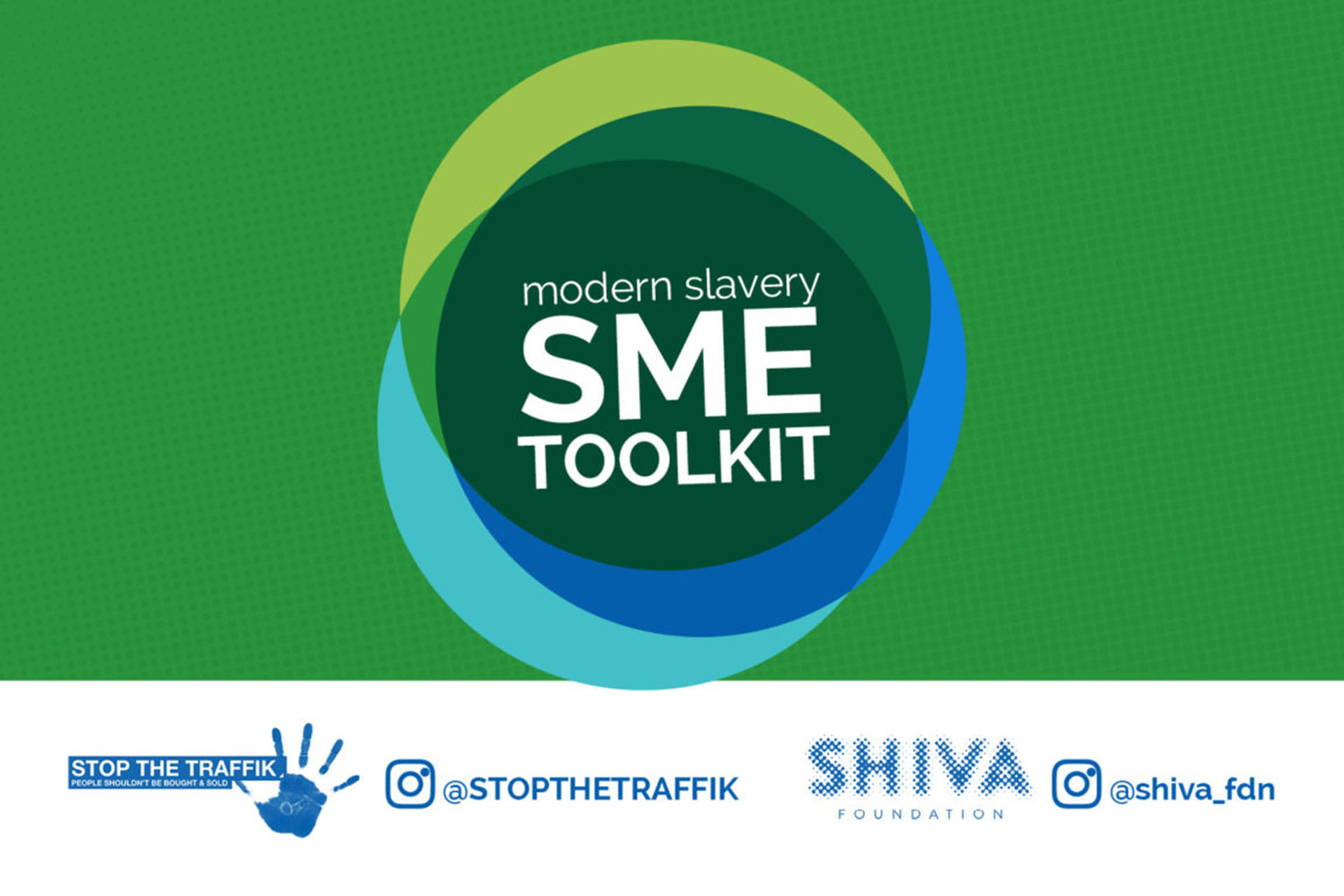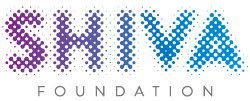
Shiva Foundation and STOP THE TRAFFIK launch free toolkit to help SMEs mitigate risk of exploitation.
Anti-slavery organisations Shiva Foundation and STOP THE TRAFFIK are launching a free toolkit for small and medium sized enterprises (SMEs). The toolkit will be the first of its kind, being both free and specifically created for SMEs in consultation with business experts. The toolkit will be launched at a free webinar for SMEs and advisory groups. The toolkit includes key features such as a simple risk self-assessment, practical steps to protect employees, and clear guidance on how to report modern slavery concerns.
The need
The UK Modern Slavery Act was enacted in 2015, giving larger businesses a legal responsibility to report on what steps they are taking to address modern slavery in their business and supply chains. The focus on larger businesses meant that those turning over less than the £36 million threshold would fall out of scope of the Act. While the intention was to have a trickle-down effect throughout larger business supply chains, the evidence of this result is not there.
SMEs make up 99% of all UK businesses and employ 16.8 million people. SMEs are also more restricted in terms of resources they can dedicate to mitigating risk of modern slavery in their operations. The toolkit comes from this knowledge and has been created to make the process as simple and effortless as possible. Shiva Foundation and STOP THE TRAFFIK will be hosting a series of webinars around the country in the coming months to help SMEs become acquainted with the toolkit.
Context
Modern slavery happens everywhere, including here in the UK. It operates in plain sight and could affect businesses without them even knowing. It is therefore crucial that all businesses, including SMEs, understand how they might be affected so that they can take steps to reduce the risk.
- The number of victims of modern slavery rises each year. In 2019, 10,627 potential victims of modern slavery were referred to the National Referral Mechanism, but due to the hidden nature of the crime, the real number is suspected to be far greater.
- According to the Gangmaster and Labour Abuse Authority (GLAA) hospitality, care, construction, agriculture, beauty services and manufacturing are all considered, among others, to be high-risk industries for labour exploitation in the UK.
Sian Lea, Managing Director of Shiva Foundation, said: “We have spoken with many SMEs over the years who have been looking for support to help them address their modern slavery risk. What they were hoping for was support that kept their size and capacity in mind; that is what this toolkit does.”
Jason Nunn, Director of Business Engagement at STOP THE TRAFFIK, said “This is an invaluable and useful tool, offering practical guidance which is tailored specifically to SMEs. It supports SMEs to mitigate the reputational and financial risk that modern slavery poses and offers a unique opportunity to demonstrate ethical standards and grow their business.”
Liza Armstrong, Business and Strategic Development Manager at Hertfordshire Growth Hub, said: “It’s great to see that some of our initial feedback has been incorporated into the guide. I think it offers very clear and practical support to SMEs as well as tools and sample documents that will be extremely valuable and help to ensure that businesses engage with it.”
Dame Sara Thornton, DBE, Independent Anti-Slavery Commissioner, said: “Small and medium sized businesses have an essential role in combatting modern slavery, but often struggle to find resources tailored to their needs.
“I welcome this accessible and informative guide which sets out the practical steps SMEs can take to safeguard workers in their own operations and in their supply chains. It can be used across any sector, and may be a useful reference tool for larger businesses too.”


